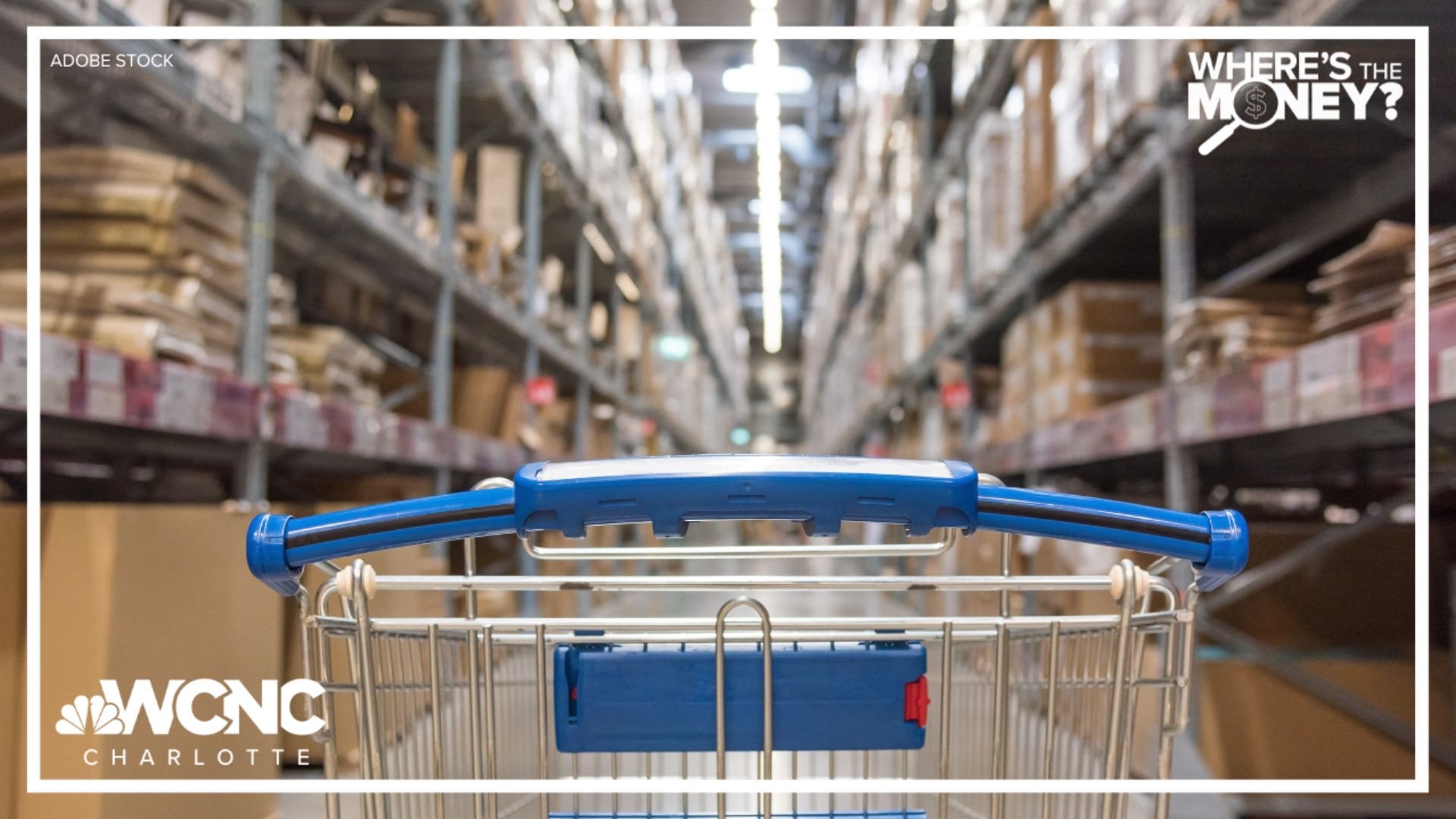WASHINGTON — The cost of a Costco membership is going up sooner or later, according to a top company executive.
On a call with investors following the company's Q4 earning results, Costco's Chief Financial Officer, Richard Galanti, said this week that the big box warehouse retailer was all but assured to raise prices for membership.
"It's a question of when, not if," Galanti remarked.
But he was more cagey about a timeline, or even if the change would happen in the 2023-2024 fiscal year.
"You'll see it happen at some point," he said. "We can't really tell you if it's in our plans or not. We'll let you know when we know."
A basic membership currently costs $60 per year, and executive memberships — which give additional discounts and a 2% return on some purchases — are $120 per year.
Those prices have remained static since 2017, when Costco raised the prices from $50 and $110 respectively for annual membership.
During an earnings call last December, Galanti said the exact same thing about a price hike for Costco's membership but so far the cost hasn't gone up.
It's unclear how much the company would be considering raising prices, but a price hike similar to 2017's increase would make a basic membership $65 per year and an executive membership $130.
Costco sells items in bulk, often at cheaper per-unit prices than traditional grocery stores or other retailers. But to shop there, customers have to be card-carrying members.
Earlier this year, Costco started getting stricter about enforcing its membership rules after seeing more non-members using cards that don't belong to them at self-checkouts.
Should Costco raise its membership fees, it would impact the nearly 130 million Americans who shop at the retailer’s 591 locations. Because people who live at the same address as a cardholder automatically get a free membership, that translates to about 71 million households.
Galanti told investors average transactions were down about 4.5% among U.S. shoppers, largely caused by customers not buying big ticket, non-food items such as furniture or electronics.
Grocery spending remained "relatively strong," he said, sparing the company major losses in the quarter.

